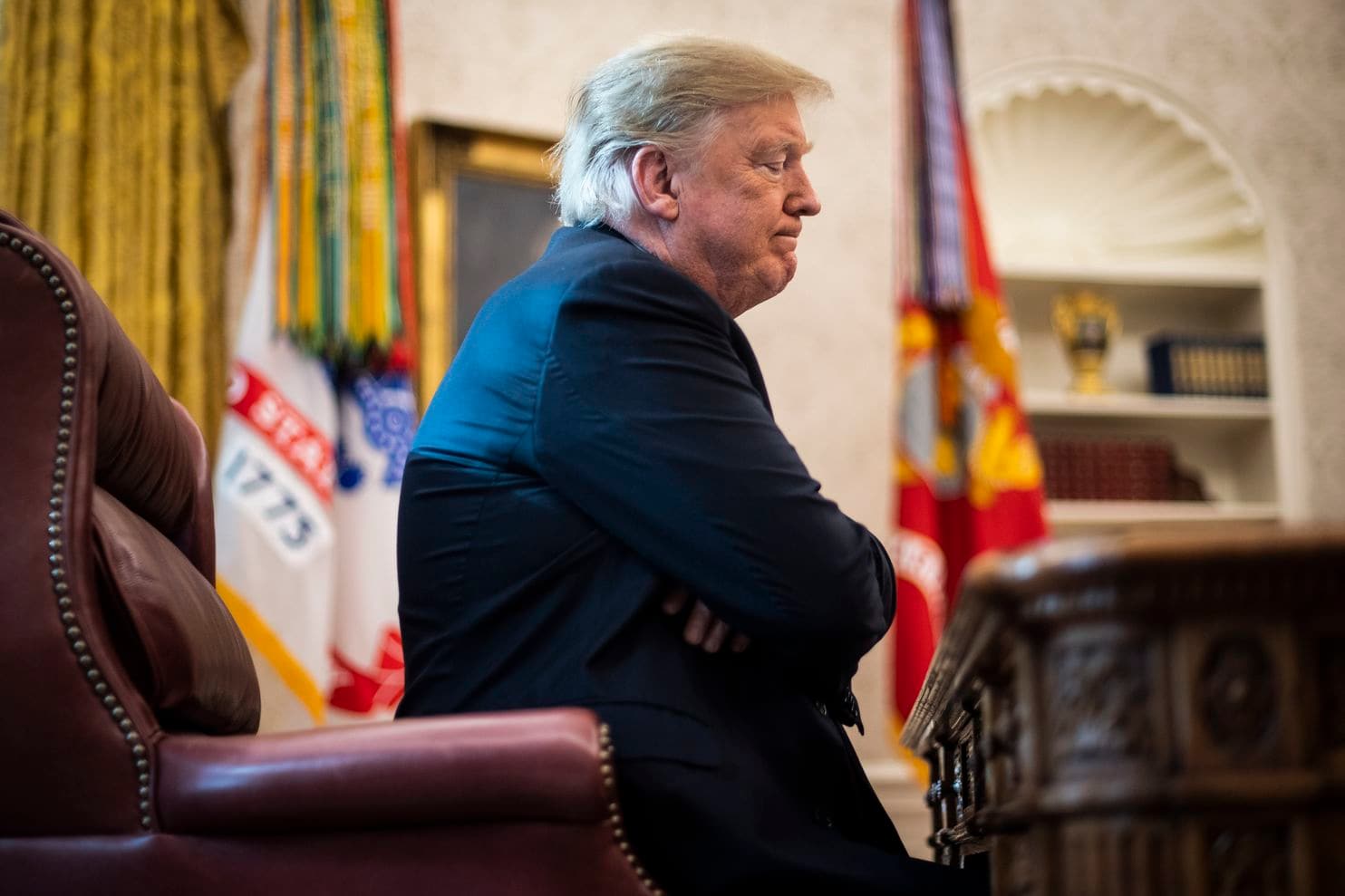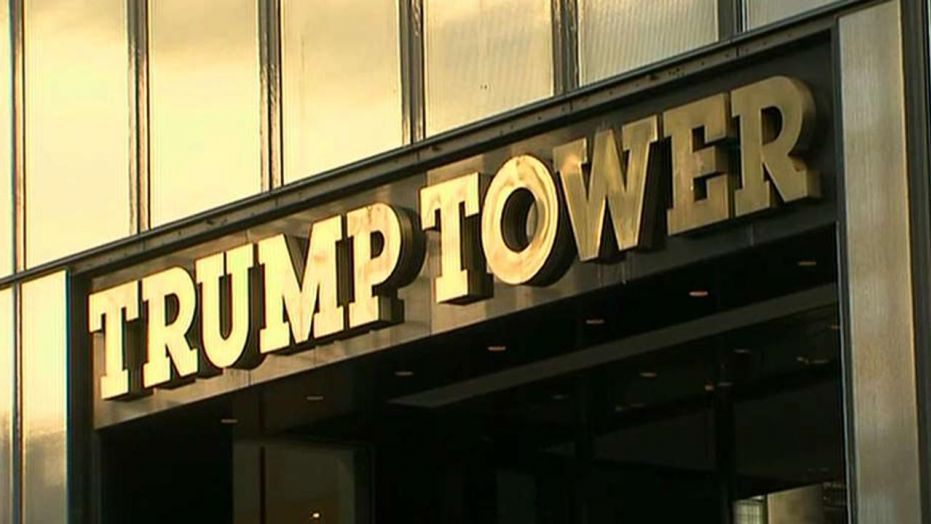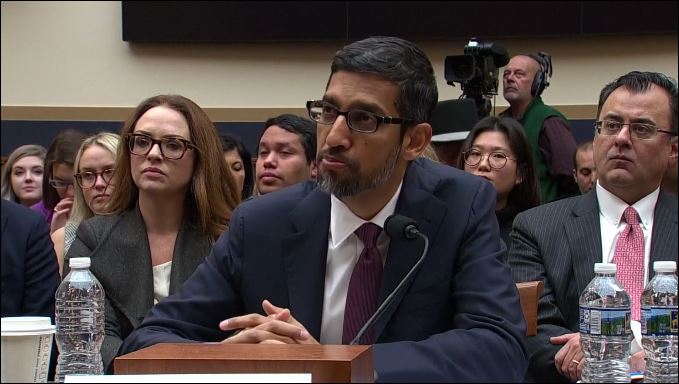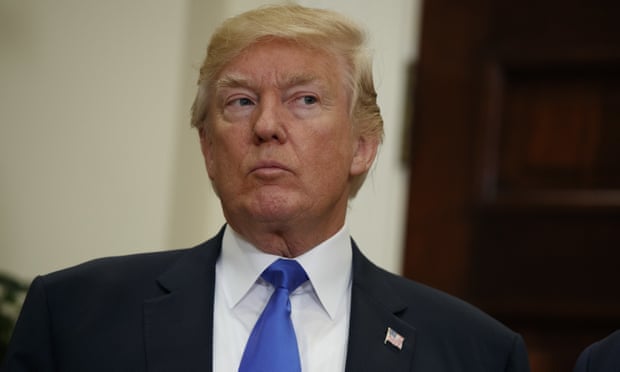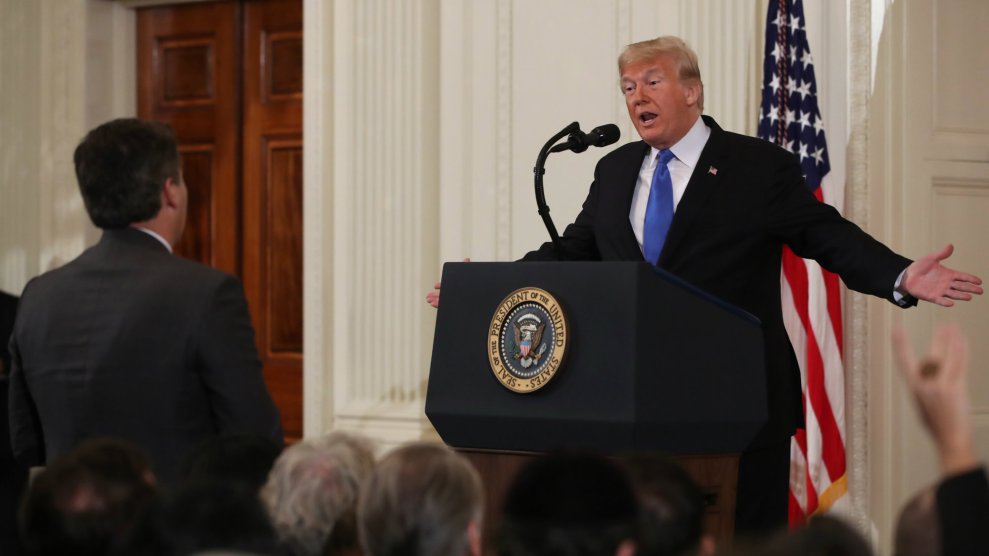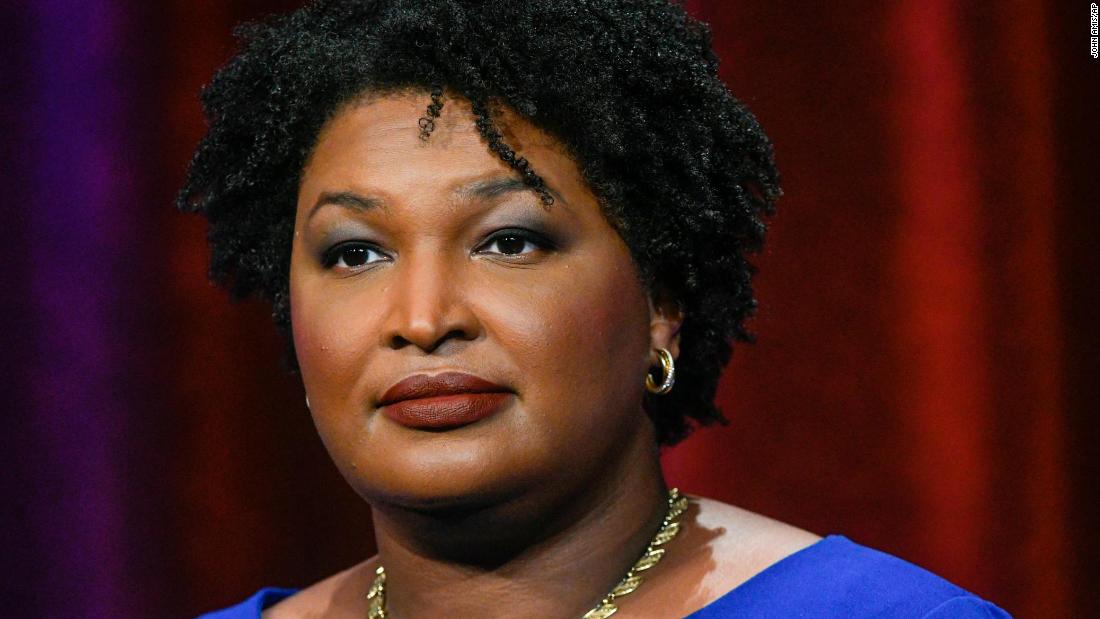I just don’t get what all the fuss is about. I have criticized this president on many occasions, but listening to the backlash from liberal radio and television personalities about the proposed deal, you’d think the world as we know it was coming to an end.
Based on the framework of the deal worked out between Democrats and Republicans, I lean towards agreeing with the President on this one. Yes, Mr. Obama did say that he preferred “a balanced approach” to reducing the debt, and he called for revenue through closing of the tax loopholes that benefit the rich. And although that didn’t happen up front, as far as I can tell, revenues are part of the deal.
Let’s break it down;
The first thing we must acknowledge is, this deal avoids a catastrophe. Although this so-called crisis was totally manufactured by Republicans, the fact remains the same – if America goes into default and is not able to pay on it’s financial obligations, there would be a worldwide negative effect. The potential was there to cause irreparable damage. Ours and many of the world’s economies would have suffered. So yes, avoiding this default is a good thing.
With that said, many would think that avoiding default does not mean we settle for anything, and that too would be correct. But that way of thinking is more about politics than sound reasoning. Democratic pundits on radio and television are harping on one fact; that this deal cuts too much from spending.
Again, this is true, but look at the bigger picture – according to the structure of the deal, about $1 trillion dollars would be cut this year. The agreement was to then put into place a “super congress” whose job will be to propose another $1.5 trillion in cuts to begin in 2013, and phase in over a 10 year period. But that’s not all – this “super congress” will also find revenue through taxes.
Again, from the framework:
The deal is designed to achieve balanced deficit reduction, consistent with the values the President articulated in his April Fiscal Framework. The discretionary savings are spread between both domestic and defense spending. And the President will demand that the Committee pursue a balanced deficit reduction package, where any entitlement reforms are coupled with revenue-raising tax reform that asks for the most fortunate Americans to sacrifice.
So entitlement reforms would be on the table, but so would raising revenue through taxes. From the framework:
The President did not agree to any entitlement reforms outside of the context of a bipartisan committee process where tax reform will be on the table and the President will insist on shared sacrifice from the most well-off and those with the most indefensible tax breaks.
Okay. Now I’m hearing some of you say that the President could have raised the debt ceiling through the 14th amendment, thus avoiding spending cuts all together. Yes, that could have happened, but keep in mind that Republicans in Congress would impeach this particular President just for being the president if they could. They are looking for every and any chance to signal impeachment.
Also keep in mind that the Supreme Court, which is where this case would end up, consists of a conservative majority. In the middle of a re-election campaign, do you really want Mr. Obama spending his time defending his decision to invoke the 14th amendment?
The overall picture is this: This country has really gotten off the beaten track. Regardless of your political affiliation, you have to admit that our debt and deficit cannot amount to anything good if we continue on the trajectory we’re presently on. Something must change, and we must figure out a way to both, cut spending and increase taxes on the rich. If we sit back and really look at this framework, we must admit that a balance approach is on the table.
And based on all the dissension still going on now, the 14th amendment may still be a last resort. Both Democrats and Republicans in Congress are suggesting that they will not vote for the deal. The deal must pass both the House of Representatives and the Congress, then signed into law by the president before August 2nd.


